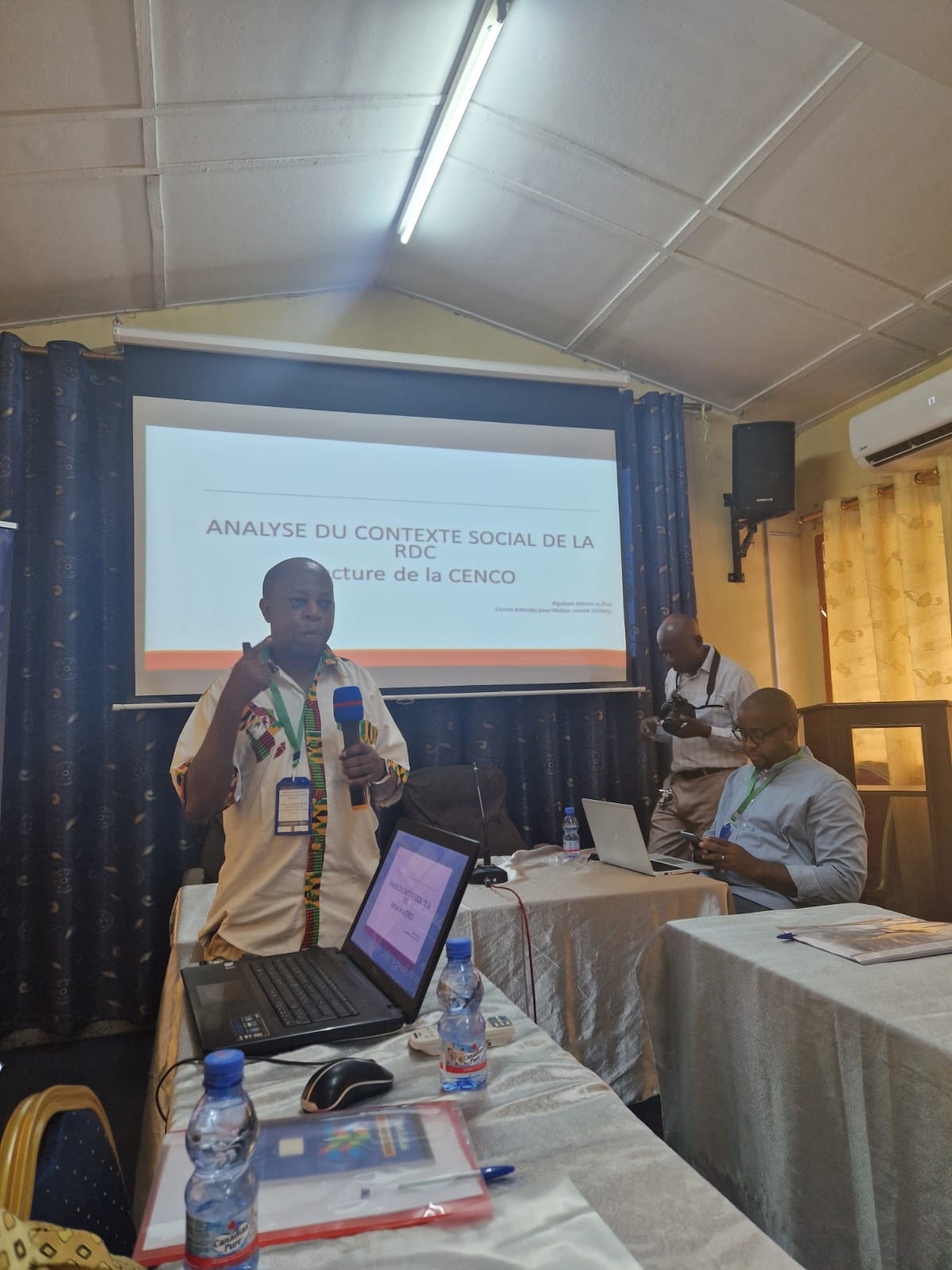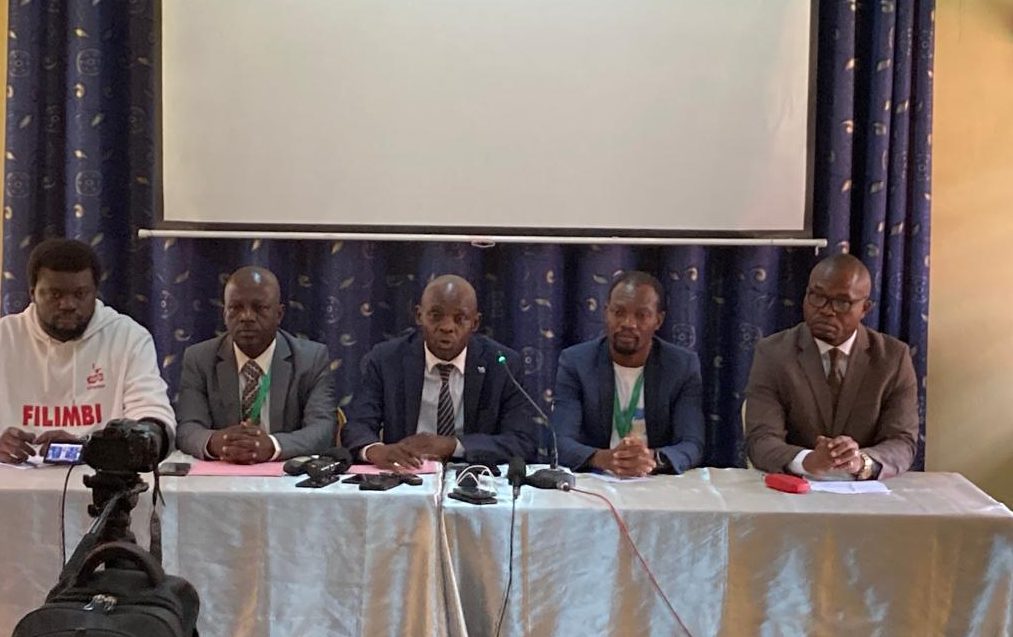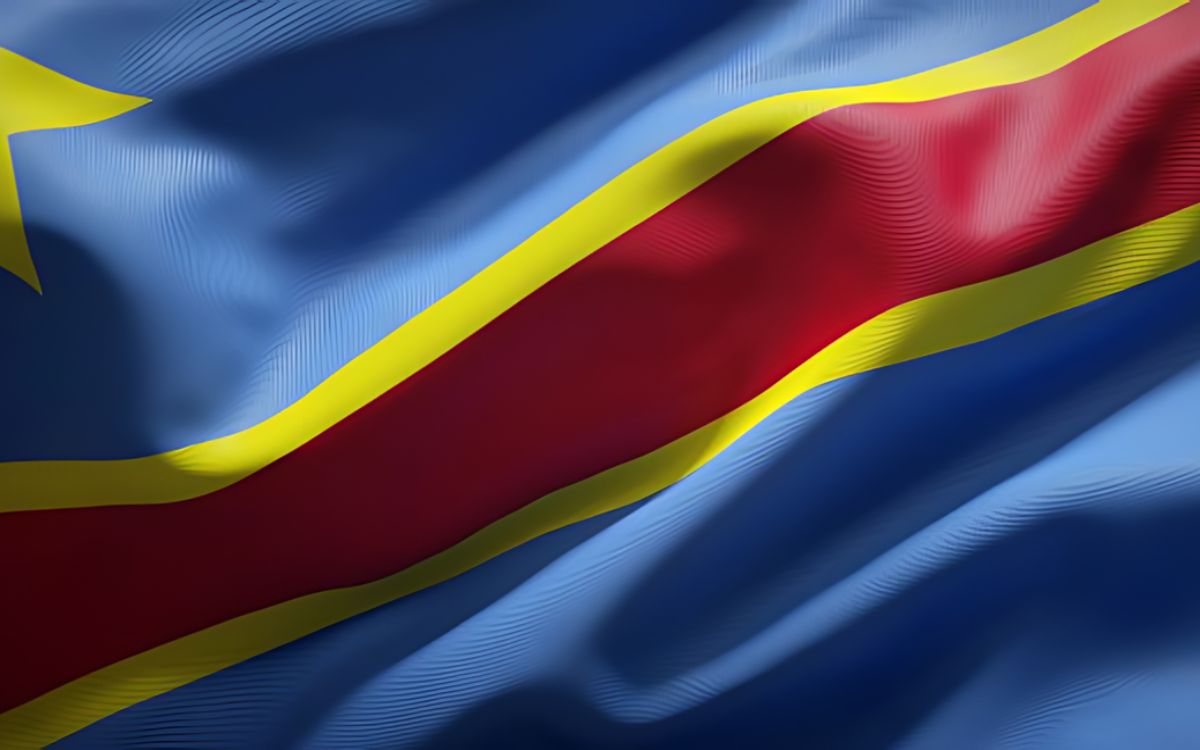The Democratic Republic of the Congo (DRC) is expected to hold elections in December this year – a vote many see as pivotal for the country’s future. It follows a series of troubled elections which raised questions about the integrity of electoral processes and highlighted the need for various reforms.
“The Catholic and Protestant churches conducted a major study of the state of election preparations in May, which revealed serious problems, some technical, and some deliberate, which call into question the integrity of the process. The people of the DRC will not brook another fraudulent election.”
– Jean Bosco Lalo, President of the Conseil de l’Apostolat des Laics catholiques du Congo (CALCC)
Ahead of the December elections, the Kofi Annan Foundation has been engaging with Congolese stakeholders, and, in Kinshasa this week, the Foundation facilitated a meeting of Congolese churches and civil society organisations.
“We are heading towards a major election crisis in the DRC come December. Congolese civil society is sounding the alarm and suggesting ways to avoid it. The authorities and the international community should take note and, better yet, take action before it is too late.”
– Sébastien Brack, Kofi Annan Foundation Senior Advisor and meeting facilitiator.

The goal of the meeting was to allow participants to agree on a common analysis of the current challenges and to identify and agree on a joint set of recommendations for action. The outcome of the discussions is captured in a communique (see below, in English and in French) issued today, 24 June 2023, by the civil society organisations.

“Denis Kadima has assured the Congolese people and the international community that the CENI is ready for the elections, but the ECC/CENCO observation mission has revealed the contrary. He must be held responsible if the elections prove as catastrophic as we think they will be.”
– Jeff Pambi, Head of the Ministère des Laïcs protestants (MILAPRO)
This work is being conducted by the Kofi Annan Foundation’s Elections and Democracy team, which works to support elections with integrity across the world – particularly in Africa – and was engaged ahead of the DRC’s previous election.
CALL FOR GENERAL MOBILISATION FOR CREDIBLE, INCLUSIVE AND TRANSPARENT ELECTIONS IN THE DRC
General declaration by the civil society organisations.
Meeting from 23 to 24 June 2023 at the Centre of Studies for Social Action (CEPAS) to examine the situation relating to the electoral process underway in our country;
We, lay Catholics and Protestants (Calcc and Milapro), civil society organisations and actors, and citizens’ movements, wish to bring the following to the attention of national and international public opinion:
1. The Democratic Republic of Congo is once again on the brink of implosion due to the opaque and exclusionary electoral process underway. Added to this is the explosive security context marked by the multiplication of violent conflicts across the country, the multiplicity of militias affiliated with political parties, including the Forces du Progrès, the UDPS Special Brigade, the occupation of localities by foreign armies and armed groups.
2. The current political climate is characterised by the resurgence of hate speech (tribal, regional and racial), repression and the narrowing of civil and political space, the instrumentalisation of the justice system and the security services, the arbitrary arrest and detention of political and civil society actors, and the repression of demonstrators.
In the absence of urgent corrective measures, the electoral process will be chaotic and will jeopardise peace, unity and national cohesion, which are all very fragile in the DRC. Through its inaction in the face of this situation, the international community must accept its share of responsibility.
To this end, we, lay Protestants and Catholics, activists of citizen movements and civil society actors, join the call of the Fathers of the Church of Christ in the Congo (c.f. declaration of the national executive committee of the ECC from 21 to 26 February 2023) and of the National Episcopal Conference of the Congo (c.f. message of the 60th plenary assembly of the CENCO) to:
a) Reiterate all previous demands relating to the credibility, transparency and inclusiveness of the electoral process;
b) Demand that the electoral roll be audited by an independent institution with proven expertise in the field, in the presence of observers and witnesses, before the electoral body is convened in September;
c) Demand the timely accreditation of election observers, while taking care to clarify the procedures for the accreditation of international observers;
d) Encourage the Government to put an end to the insecurity so that all our compatriots can take part in the vote.
3. The current electoral process is proving to be a succession of failures and a perfect recipe for political and security disaster, which obliges us to call on the Congolese people to mobilise in favour of the respect of the minimum requirements mentioned above. If not, we urge the people to stand ready for even stronger action, in accordance with Article 64, paragraph 1 of the Constitution.
4. Finally, we call on the international community not to settle for a process that is likely to fail, and that could exacerbate instability in the country and in the sub-region.
More information about the 2023 Democratic Republic of the Congo general election
General elections are expected to be held in the Democratic Republic of the Congo on 20 December 2023, according to the electoral calendar released on 26 November 2022 by the Independent National Electoral Commission (CENI). Simultaneous elections will be held for the President, the 500 members of the National Assembly, the elected members of the 26 provincial assemblies, and, for the first time under the new constitution, members of around 300 commune (municipal) councils.[1]


